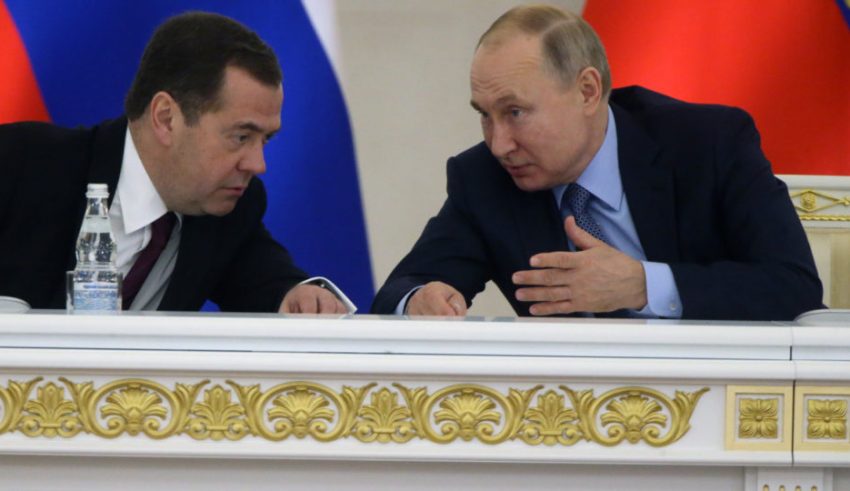
Russia’s entire government has unexpectedly stepped down, in a move that clears the way for President Vladimir Putin to maintain his grip on power well past the end of his term.
After eight years as prime minister, Dmitry Medvedev has tendered his resignation to Mr Putin. The president then named Tax Service chief Mikhail Mishustin as the replacement.
Mr Putin’s entire cabinet, which was led by Mr Medvedev, announced its resignation shortly after sweeping changes to Russia’s constitution were proposed.
The reforms would shift power away from the president, meaning Mr Putin’s eventual successor would have reduced authority on matters like choosing future prime ministers and other top government officials.
Mr Putin’s presidential term ends in 2024. But political analysts believe that after trimming presidential powers, Mr Putin would be strategising to extend his leadership by shifting into the – by then more powerful – prime minister’s seat.
“Putin is advancing the idea of keeping his authority as a more powerful and influential prime minister while the presidency will become more decorative,” analyst Dmitry Oreshkin explained.
As it stands, the constitution allows Mr Putin to name the country’s prime minister and cabinet members, but he wants parliament’s lower house to make those leadership decisions in the future.
“It will increase the role of parliament and parliamentary parties, powers and independence of the prime minister and all Cabinet members,” Mr Putin told an audience of top officials and lawmakers in his State of the Union address.
At the same time, Mr Putin argued that Russia would not remain stable if it were governed under a parliamentary system.
The president should retain the right to dismiss the prime minister and cabinet ministers, to name top defence and security officials, and to be in charge of the Russian military and law enforcement agencies, he said.
Critics have suggested that Mr Putin will make new appointments that will give him the best possible chance of keeping power when his fourth presidential term ends in four years.
It’s been speculated that he is considering various scenarios to carve out a new position for himself after 2024 – such as becoming prime minister with extended powers.
In a statement aired on Russian state television, Mr Medvedev said his resignation as prime minister hopes to clear the way for Mr Putin’s proposals to pass.
Mr Putin “outlined a number of fundamental changes to the constitution, significant changes not only to a number of articles of the constitution, but also to the balance of power as a whole,” Mr Medvedev said.
“In this context, it’s obvious that we, as the government … should provide the president of our country with the opportunity to make all the decisions necessary for this.”
He added: “And in these conditions, I believe that it would be right, in accordance with Section 117 of the constitution,” for the government to resign, he added.
After Mr Putin’s first two terms ended in 2008, Mr Medvedev served as a placeholder president from 2008 to 2012, and appointed his mentor as prime minister, although Mr Putin continued to wield power.
Under Mr Medvedev, the constitution was amended to lengthen the president’s term from four years to six.
Mr Putin has been in power longer than any other Russian or Soviet leader since Josef Stalin, who led from 1924 until his death in 1953.
He will have to step down in 2024 after his term ends under the current law, which limits the president to two consecutive terms.



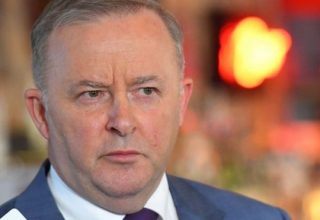
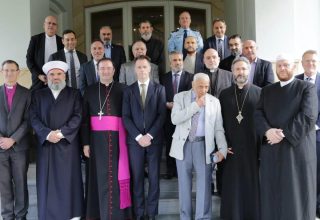










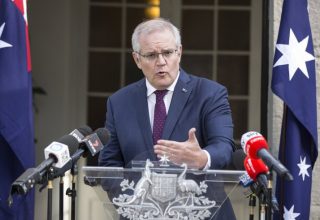
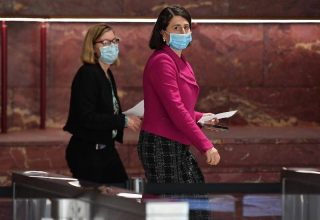









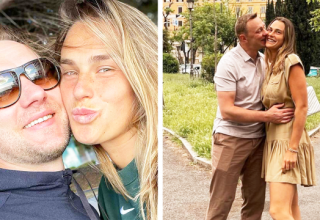




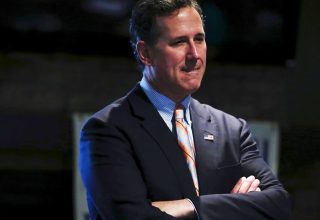
 The World Observer Media produces a daily online newspaper, a daily Arabic online newspaper and a monthly printed Arabic/English magazine and a weekly printed Arabic/English newspaper.
The World Observer Media’s mission is to entertain and educate all generation from the Ethnic Communities in Australia, who are interested in local, national and foreign information.
The World Observer Media produces a daily online newspaper, a daily Arabic online newspaper and a monthly printed Arabic/English magazine and a weekly printed Arabic/English newspaper.
The World Observer Media’s mission is to entertain and educate all generation from the Ethnic Communities in Australia, who are interested in local, national and foreign information. 
